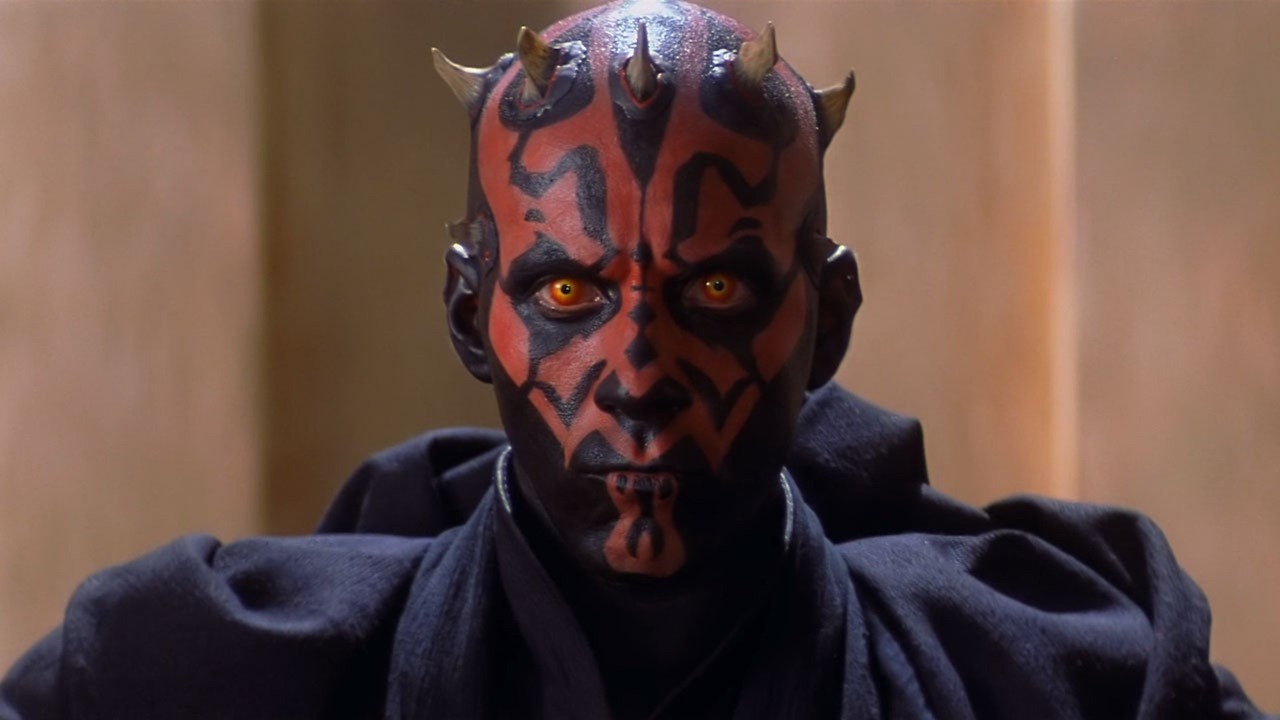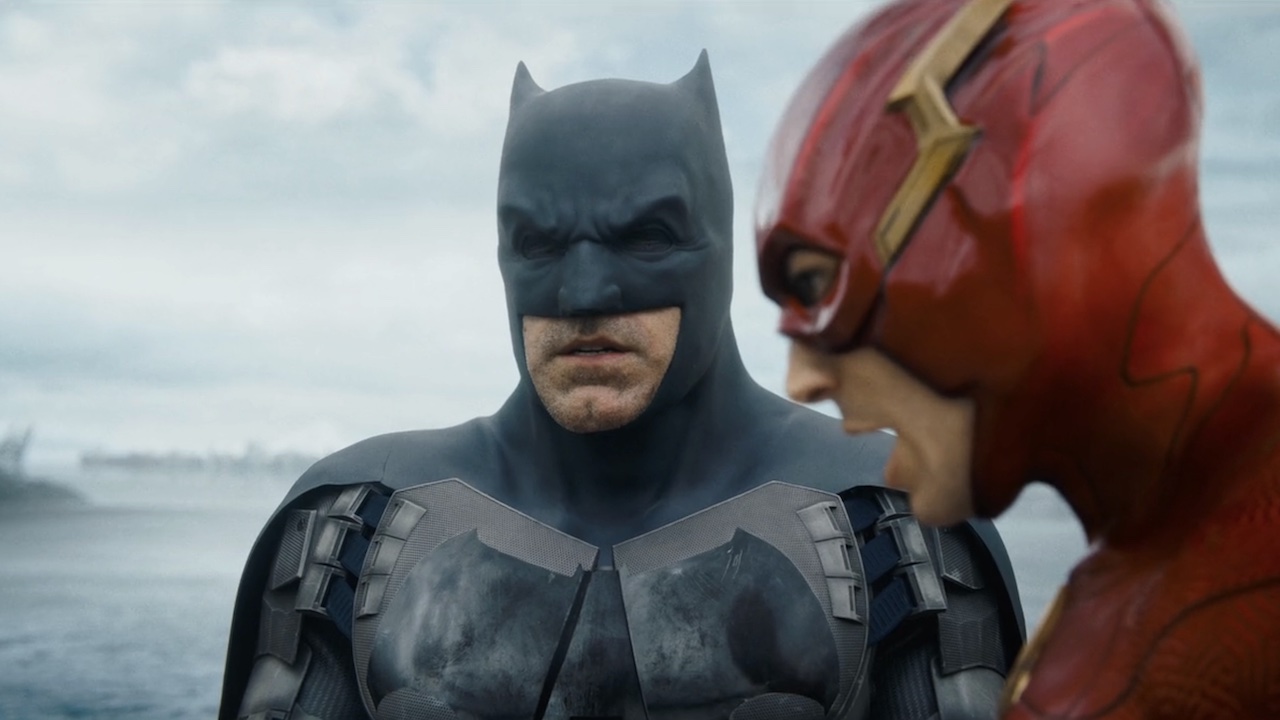9 Arguments That Gamers Will Never Stop Having
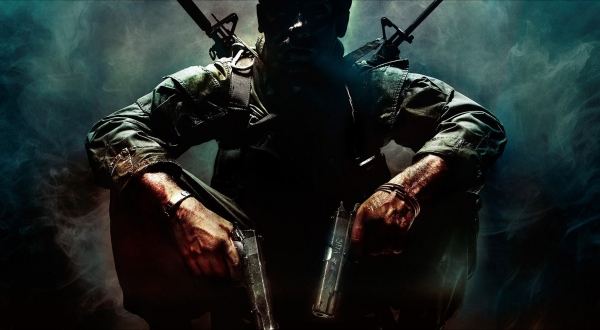
There are some arguments that will never cease and will continue to be the rage from now until the end of time. Some of those arguments have valid points while others are just ways for people to let off steam. This here is a list of arguments that gamers will never stop having.
From the art debate to the review scores to the console wars, there are specific arguments within the gaming community that people love to argue and debate about incessantly. If you find yourself on the wrong end of a forum board or a discussion thread spiraling out of control, it just might include one of the following topics.
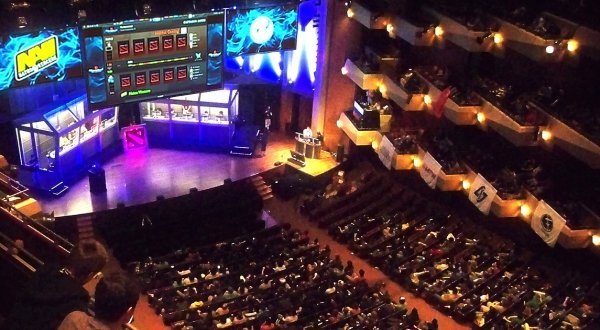
Are eSports Real Sports?
It's an argument that has been raging since Doritos and Mountain Dew have been sponsoring Halo tournaments: is eSports a real sport? The debate has continued to pick up steam as the entire eSports sector makes more and more money each year – the EEDAR reports that 15 million people tune into various eSports events within key demographics and Superdata Research revealed that eSports generates $612 million in revenue. It's big business, but is it real business?
Fox Sports reported on professional NBA player Gordon Hayward from the Utah Jazz defending eSports and taking on outspoken pundit Colin Cowherd after the radio show host take a jab at gamers and the eSports culture. The common issue is that since it's not physical enough it's not a real sport. The common counter to that issue is that it requires reflexes, timing and skill that not everyone possess. Due to these opposing viewpoints this argument will never end.
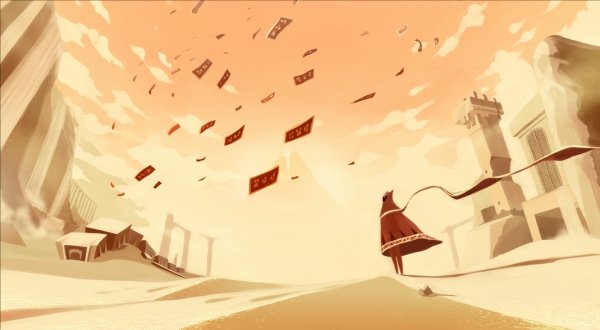
Are Games Art?
Back in 2005 the late Roger Ebert wrote about video games on his website; he explained that games can never be art. This statement has been reiterated, reverberated and repeated so often that it's now become a cornerstone argument at some point in time within just about every gaming community, forum and news site.
CINEMABLEND NEWSLETTER
Your Daily Blend of Entertainment News
Following Ebert's diatribe against the entertainment medium not being “art”, a plethora of rebuttals came pouring in from all corners of the interwebs. Gamasutra has a three page article discussing the topic of “games as art” from designer and producer Bryan Ochalla, and as recent as September 22nd, 2015, Time Magazine had a piece talking about how hard it is to deny games as art. Even with games like Journey and the Unfinished Swan making good examples as games as art, there will always be cases involving Call of Duty and Transformers used as reasons why games can't be considered as art.
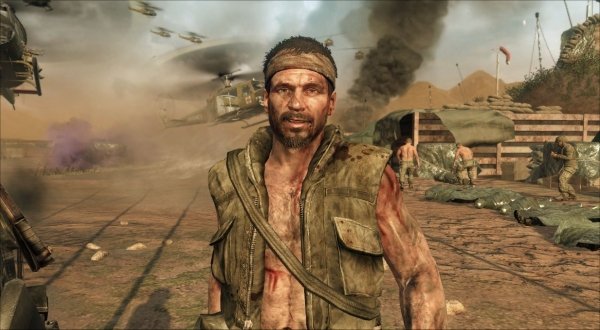
Call Of Duty And Innovation
Speak of the devil. Call of Duty is always a hot button topic. It's waned this past year compared to when eighth gen was just getting underway and Call of Duty: Ghosts was at the center of a rather nasty debacle known as Resolutiongate. However, the series has been rinsed and repeated so often throughout the years that it always sparks up debate about Activision doing little more than re-skinning the game and cashing in on brand name recognition.
Of course, that's putting a wide blanket over a much more complex issue. Call of Duty is now juggled annually by multiple game studios. Activision had announced a few years ago that they were investing more than $1 billion into the brand's expansion and we've seen some serious attempts from the likes of Sledgehammer to tap Hollywood talent like Kevin Spacey, as well as Treyarch's most recent game taking on a nouveau art approach to storytelling. Even still, the game's basic run-and-gun formula sits at the heart of the series and that's reason enough to spark debates about the series being stale or the content being rehashed.

Resolution Important For Gaming
While Call of Duty may have been involved in the Resolutiongate scandal, the topic of resolution being important for gaming has been kicking up more now than ever before. With the advent of the eighth generation of home consoles, a lot of gamers feel as if the Xbox One and PS4 should be hitting 1080p as a standard, given that it's achievable by most mid-ranged PCs on the market. The higher the resolution the cleaner the screen image. But the real question is... does it actually improve the gaming experience?
The argument is that resolution isn't that important to gaming and that some jaggies or blurred characters won't actually ruin the gameplay experience all that much. Others contest that the sharper the image the easier it is to distinguish friend from foe, character from environment and objects from effects. The argument gets more muddied when variable resolutions are thrown into the mix or interlacing techniques are used to compensate for rendering the full screen in full HD. Even still, this is not one argument that's going to go away any time this generation.
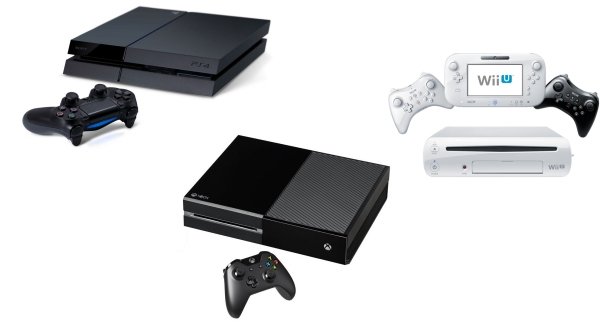
Console Wars
When talking about different resolutions and clarity, one can't help but bring up the obvious comparison between different console brands. Of course, one console may do graphics better while another might do online better while another might do the controls better. These various vectors all make up part of the ongoing console war debate. Something that will live on for as long as there is more than one brand competing on the market.
The console wars have been in existence since back in the days of the Atari. It's hobbled through the ages with the Commodore 64 and the Amiga, as well as PC and Mac, and eventually Sega and Nintendo. The two big rivals this current generation is Sony and Microsoft. If one does hardware better then the other side will argue about the software. Or maybe they'll argue about the sales, or the amount of third-party support a certain brand has. It's an ongoing battle with no end in sight.
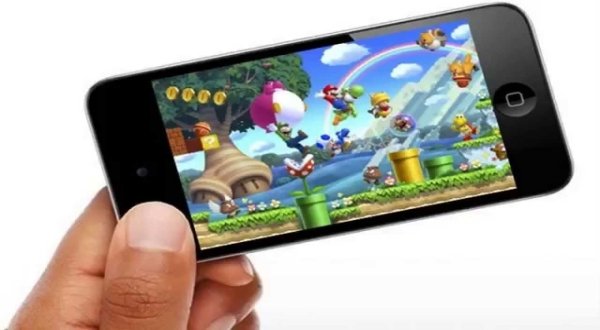
Nintendo Going Mobile
This debate will likely never end until Nintendo does go full mobile. The Big 'N' has been put under fire by the Sony and Microsoft fanboy camps as a company that just needs to go full mobile and port all their popular IP to iOS and Android. The argument is that Nintendo has lost their edge in the home console arena and that they were living in a bubble of success with the Wii, and that bubble popped with the Wii U.
Well, the opposite side of the table argues that the Wii U was poorly marketed and software was sparse but there's an argument that a lot of Nintendo's troubles with the console was because of third parties pulling support. Those defending Nintendo cite that mobile games usually result in the decline in quality of games (with Sega being the prime example) and that Nintendo can continue to find success with their IP on original hardware. This debate will likely never end and any time Nintendo strikes out with any sort of software on mobile devices expect the argument to keep raging on with all the accompanying heat of burning flames.

Major Japanese Publishers Dying
On a similar topic of Japanese game publishers... another hot button topic is that major Japanese game publishers are dying. That the East has lost their edge to the West, and that the major players in Asia no longer know how to make compelling games or blockbuster titles. It's argued that the Eastern studios are folding to the surge of mobile users and that they no longer have sway on home consoles or PC gaming.
The opposite side of that argument is equally as compelling, because despite Capcom, Konami and Majesco no longer having as much sway as they used to, we still see that Capcom can command viewership with upcoming games like Street Fighter V, and Konami was no slouch with Metal Gear Solid V despite their new direction toward pachinko machines and casinos. We still see Sony publishing and succeeding in the software department, and Square Enix is bigger than ever. Many Japanese studios are also finding new outlets that didn't exist before, such as porting games to Steam, with companies like NIS America and Kadokawa Games taking their own market share in the PC space. But given the ever-changing nature of the gaming industry, expect this argument to stay afloat a while longer.

Review Scores
Any time a big game with a lot of hype behind releases it's going to have a dedicated audience who will love the game regardless of how good or bad it is giving it a '10' out of '10' no matter what. Then there is the group who are completely jaded to any game on an AAA scale and will dog on it no matter what, resulting in user review scores that are '0' out of '10' just because. Then there are the professional review scores that are a point too high or a point too low for the likes of some readers.
The biggest arguments regarding review scores is usually if a game with a strong fanboy community feels the game is under-scored, such as Halo getting an 8 instead of a 10, causing the fanboys to react aggressively about it. Then there are games that get a 9 out of 10 and some gamers feel the score is too high for the kind of content it provides, resulting in people arguing about the reviewers being paid off for giving the game a score higher than they it deserves. Arguments about review scores will rage on for as long as there are games with huge hype and games that don't live up to that hype and reviewers who give scores above and below whatever the average is.

Early Access Games And Kickstarter
Now here's an argument that holds some weight: Early Access and Kickstarter games oftentimes come under fire for being scams. We see this brought up often when discussing games like Star Citizen and Tim Schafer's Double Fine adventure campaign. Games with lofty goals that don't always hit those goals on time or fail to deliver what was originally promised always give some naysayers reason to state that the whole thing is just detrimental to gaming. There are also complaints about gamers paying for unfinished games and how it gives developers incentives to churn out half-working games for a high price.
The opposite side of the argument is that Early Access gives small developers an opportunity to finish a game they wouldn't have the budget to finish otherwise without Early Access. There's also an argument to be made that developers working directly with the community while the game is in development helps improve the game before its official release. There have been some Early Access success stories just the same as there are Kickstarter success stories, especially when considering that some Kickstarted games, like Wasteland 2, never would have existed without the crowd-funding model. But there will always be success stories and there will always be scams, so this topic will always come up in arguments.
Staff Writer at CinemaBlend.
Hear Me Out: Companion Is Better If You Know The Plot Twist Before Watching It
A Darth Maul Spinoff Show Is Coming And More From Lucasfilm Animation's 20th Anniversary Panel At Star Wars Celebration Japan 2025 - Live Blog
Doctor Odyssey Set Up Potential Exits For Its Stars, And I Have Strong Feelings About What Phillipa Soo’s Avery Needs To Do

